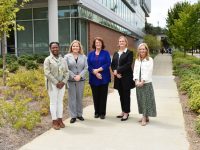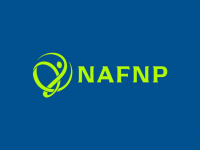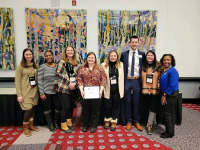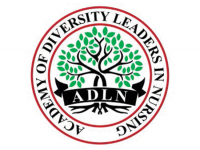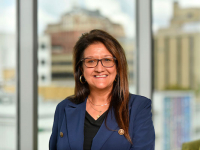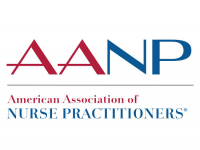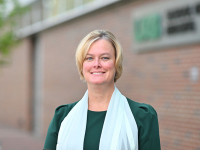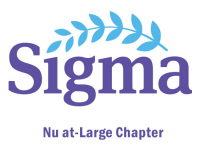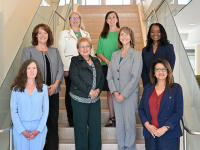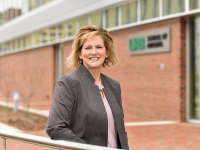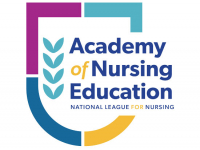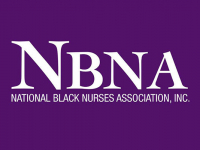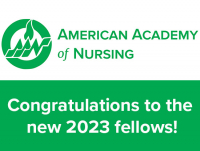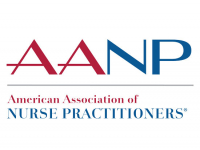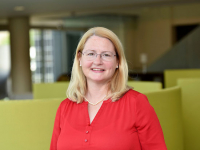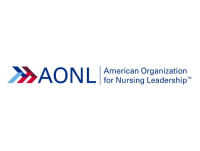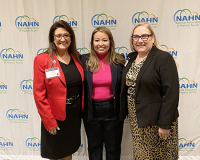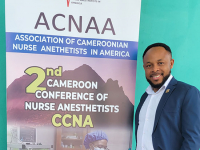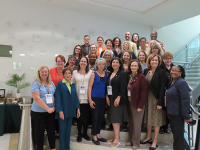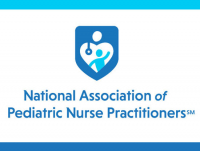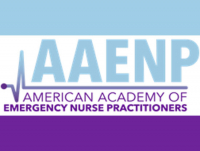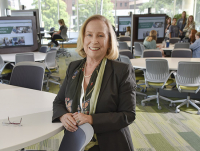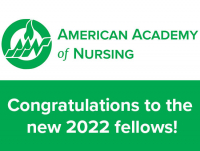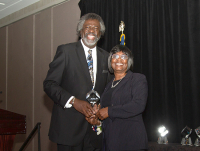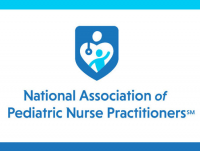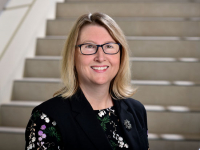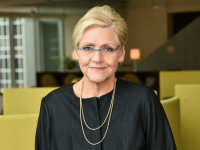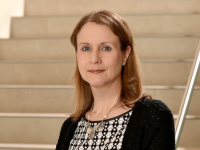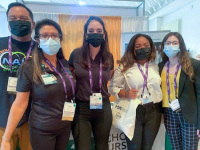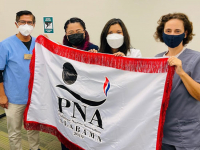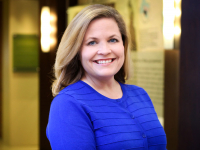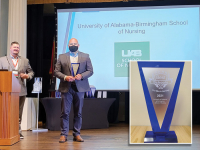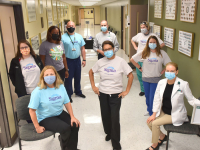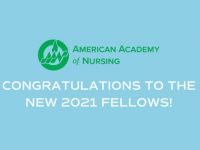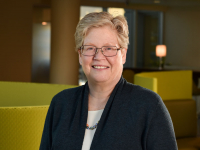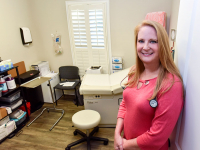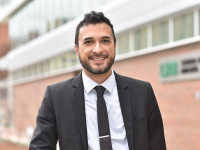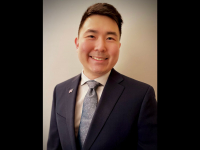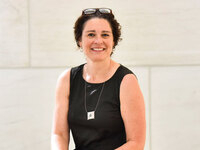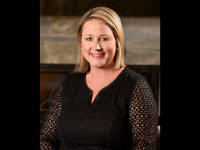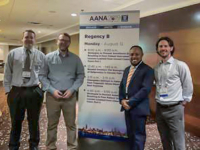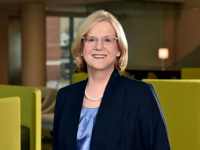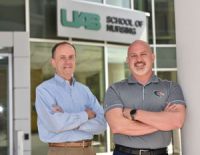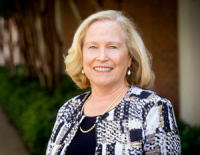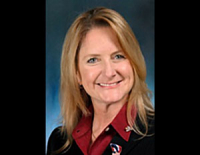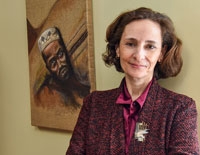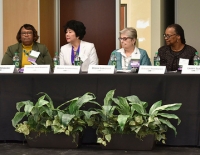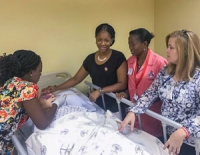
By Jennifer Lollar
The University of Alabama at Birmingham School of Nursing has again been redesignated as a Pan American Health Organization/World Health Organization Collaborating Centre for International Nursing, marking its seventh consecutive redesignation and 30th year as a PAHO/WHO Collaborating Centre.
This special designation is given by both the Pan American Health Organization and the World Health Organization and recognizes the UAB School of Nursing as a pacesetter in global health initiatives, primary health care and quality improvement in nursing education. The designation also acknowledges the School’s sustained involvement and interest in global nursing development.
In this case, the PAHO/WHO named indicates that the education, research and clinical programs in the UAB School of Nursing are nationally and internationally recognized, and that UAB has superior scientific and technical leadership in nursing.
The School was first designated a PAHO/WHO Collaborating Centre in 1993 and has been redesignated every four years since then.
“This designation continues to elevate our School’s long-standing global outreach work, here at home and throughout the world, and our work through the Centre has helped us make a positive, lasting impact on nursing and health care nationally and internationally,” said UAB School of Nursing Dean, Fay B. Ireland Endowed Chair in Nursing, and Director of the UAB PAHO/WHO Collaborating Centre for International Nursing Maria Rodriguez Shirey, PhD, MBA, RN, NEA-BC, ANEF, FACHE, FNAP, FAAN. “Our School has been on the forefront of enhancing nursing education, practice and research for more than 70 years, with the ultimate goal of improving health locally and globally. Our continued designation as a PAHO/WHO Collaborating Centre for International Nursing provides us an exemplary platform to continue this important work for our community, state and the world.”
The UAB School of Nursing is one of nine nursing-specific centers in the United States, and among 16 Collaborating Centres in the Western Hemisphere operating under PAHO, the regional office of WHO for North, South and Central America and the Caribbean. There are 44 worldwide WHOCCs specifically dedicated to nursing and midwifery. For further information visit the Global Network Website.
As a PAHO/WHO Collaborating Centre, the School acts on PAHO guidelines, working to advance nursing education internationally, but more specifically in the PAHO region, through program development to enhance nursing education, practice and research and ultimately to improve global health. This includes attending international meetings, contributing towards the United Nations Sustainable Development Goals and working with research partners around the globe.
“We are honored to have been designated for our 30th year,” said Professor and Co-Director of the Pan American Health Organization (PAHO)/WHOCC for International Nursing, Adelais Markaki, PhD, RN, FAAN. “The UAB School of Nursing has worked diligently over the years not only to remain a PAHO/WHO Collaborating Centre but, more importantly, toward the overall goal of improving global health,” Markaki said. “We have been able to complete past activities with the resources and faculty available through the School as well as through international partnerships. This team effort paired with the vision from Dean Shirey, and Deans Harper and Booth before her, as well as our Advisory Board, has enabled the School to become a leader in the Americas. The UAB WHOCC leads the Pan American Nursing and Midwifery Collaborating Centers, a network of 16 Centers that advance universal health and foster cooperation on a regional level.”
The School is redesignated through April 2027 and over the next four years will work toward several goals that strengthen the quality of nursing education and practice and help disseminate knowledge. Those goals include raising awareness of and building academic nursing partnerships, utilizing the Educational Quality Improvement Toolkit, piloting and evaluating online courses, and promoting interprofessional education for nurses, especially those who care for vulnerable populations.
The School also has many other global initiatives in addition to the PAHO/WHO Collaborating Centre work, including the International Scholars program, global service learning, and integration of global health content across the curriculum. The School’s collaborative relationships with Jamaica, Brazil, Chile, Mexico, Trinidad & Tobago, Turkey, Thailand, the UK, and many other countries, have included visiting scholars, faculty and student exchanges, and international research programs.

